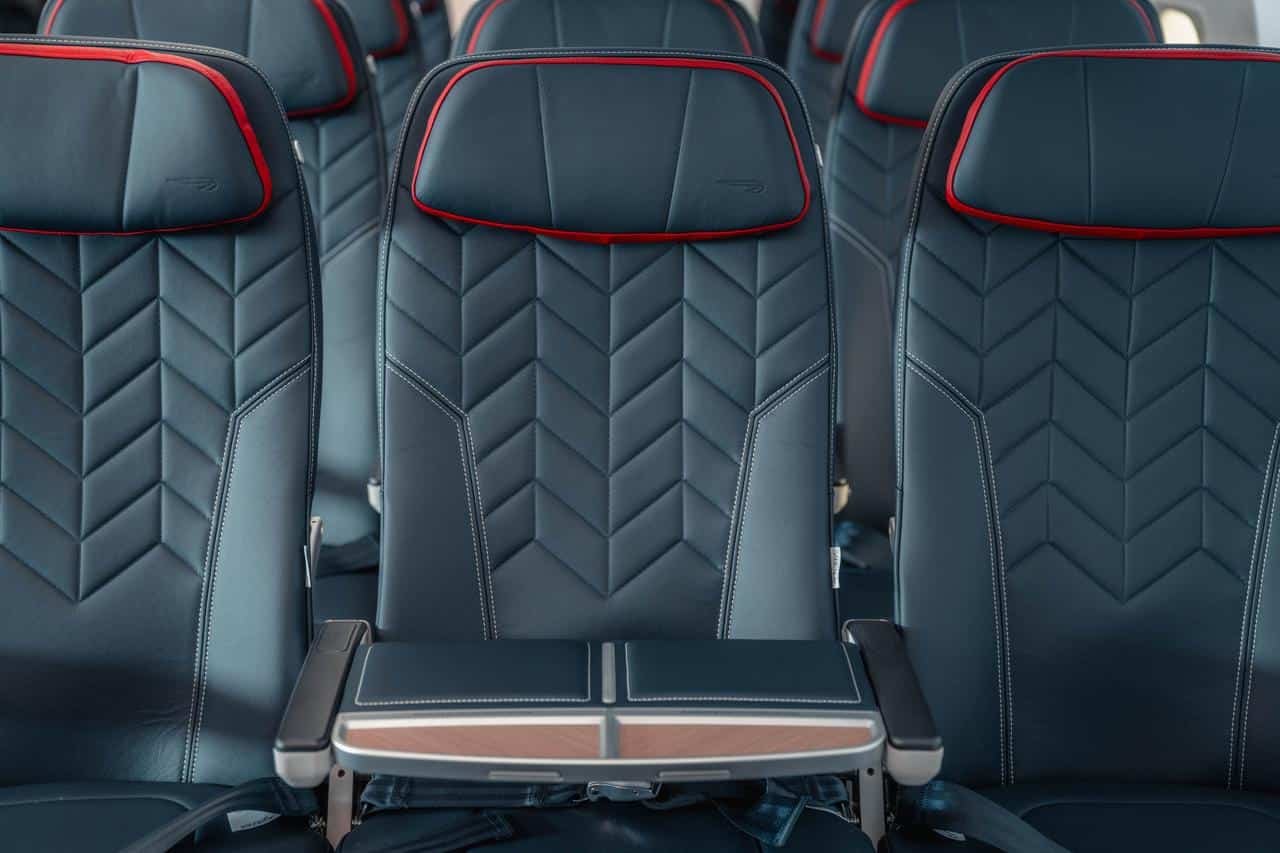Economies, especially China and India, are growing and with more people travelling airlines are adding new routes and additional aircraft are being ordered. Pilots are crucial to this growth and for a few years now there have been claims that there is going to be a global pilot shortage which could create a real issue for airlines and customers alike. So, is it true? Or is it, as claimed by some, just scare tactics to increase the number of pilots in the hope of bringing wages down?
What are the statistics?
In 2016 Boeing and Airbus, the world’s largest plane manufacturers, released reports that indicated there would be a global pilot shortage unless there was a significant increase in the number of pilots being trained each year.
Boeing estimated that by 2034 there will need to be another 95,000 commercial airline pilots in the EU alone (620,000 globally). Airbus estimated the global requirement will be an additional 500,000 within the same period. Whichever statistics you look at, that is a big increase in an industry where the barriers to entry are high and there is a long lead time for new pilots to get the experience they need to fly commercially.
What are the barriers to entry?
Aspiring pilots can either train with a major airline or with a flight school and figures released in 2017 show training can cost students from £40,000 right up to £120,000.
Students are generally required to pay for their own training with a small number being offered sponsored places with major airlines (although these are relatively few and far between).
Depending on the course, it takes roughly 18 months to two years plus the student also needs 1,500 hours flying hours before they are fully qualified.
Is there any evidence of a shortage at the moment?
Most people will be aware of the issues Ryanair had in late 2017. They had to cancel thousands of flights due to a lack of pilots related to ‘rostering mismanagement’. However, with Michael O’Leary admitting turnover had reached “high single digits” for captains and “low teens” for First Officers in 2017, more than double the turnover rate reported by easyJet (under 4%), was the issue actually caused by too many pilots leaving and not enough new recruits and if so, is it just a Ryanair issue or it is symptomatic of a wider problem?
The headline numbers look at the global requirement which is largely influenced by the significant growth in China and India. With people travelling for leisure as well as business the demand for air travel has exploded and whilst new pilots can be trained, its actually First Officers and Captains that are really in demand because their experience takes such a long time to build up.
The numbers also don’t highlight that major airlines who reward their pilots and recognise their union, are unlikely to feel the effects of a shortage in the short term. Where Ryanair have fallen foul is that until they had an issue they didn’t recognise the pilot union or pay them market rate salaries so they got a lot of new pilots joining, getting experience and then moving to major airlines to significantly increase their salaries and benefits. They have now increased pilot pay by 20% and are recognising the pilot union so it remains to be seen if that will stem the high attrition rate for now.
In the US regional carriers are suffering from a similar issue to Ryanair with pilots using them to build up their experience and then moving on to international carriers to really reap the rewards of the skills they’ve learnt. Domestic airlines Compass Airlines (operates as Delta Connection or American Eagle) is looking to hire 400 new pilots this year, partly for expansion and partly because they lose 40-50 pilots a month to major airlines which causes them considerable issues.
How can the issue be addressed?
The issue is industry wide but it’s fair to say that countries with rapidly growing economies such as China and India and smaller/regional airlines will need to think more innovatively about how to attract and retain pilots over the coming years. For example, in China they have identified the lack of experienced pilots as a real issue for their growing economy and to try and attract pilots to the country to train and work, they are offering salaries of up to $500,000 per year, tax free.
Whilst the pilot shortage could impact the major airlines in the longer term, especially as the current generation of experienced pilots reach retirement age (currently 65 in the EU), in the last few years airlines such as British Airways, easyJet, Virgin Atlantic and JetBlue have offered full and part sponsored opportunities which have been highly sought after and will provide them with a pipeline of new pilots over the coming years.
Other schemes such as apprenticeships, pilots student loans and opportunities for reduced training costs in exchange for work as an instructor while buidling up flying hours are all being trialled with the aim of finding more sustainable ways to attract and retain pilots for years to come.
So whilst the statistics concerning the potential pilot shortage are concerning there is definitely a bigger picture that needs to be taken into account and it’s unlikely customers will be largely impacted when flying with major airlines for a long time yet.






